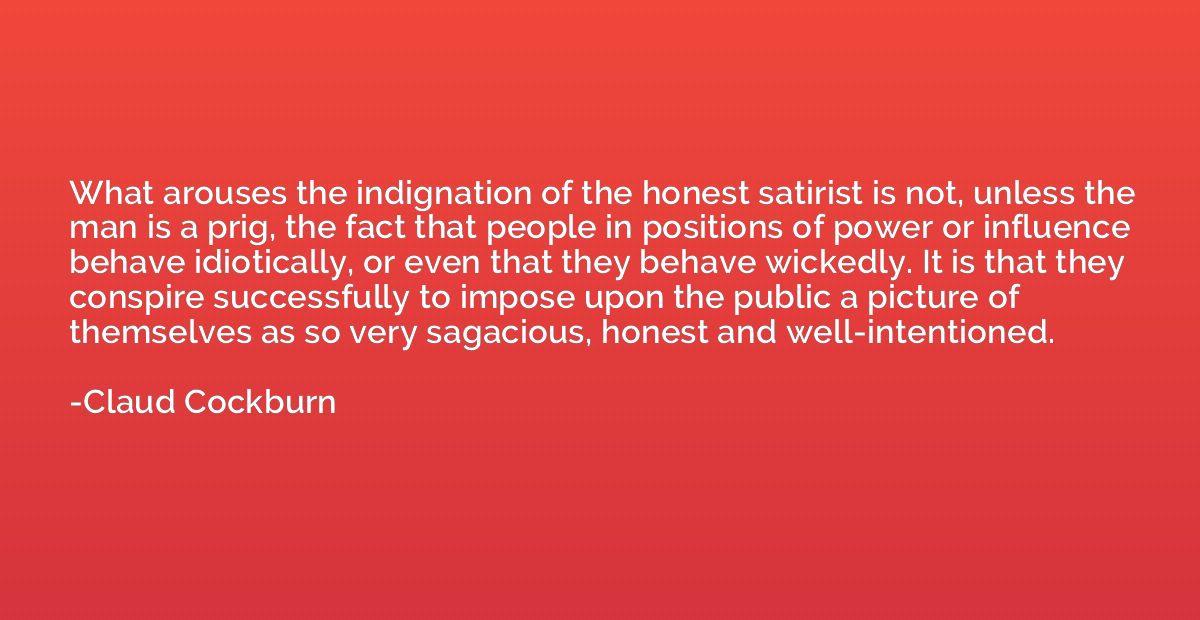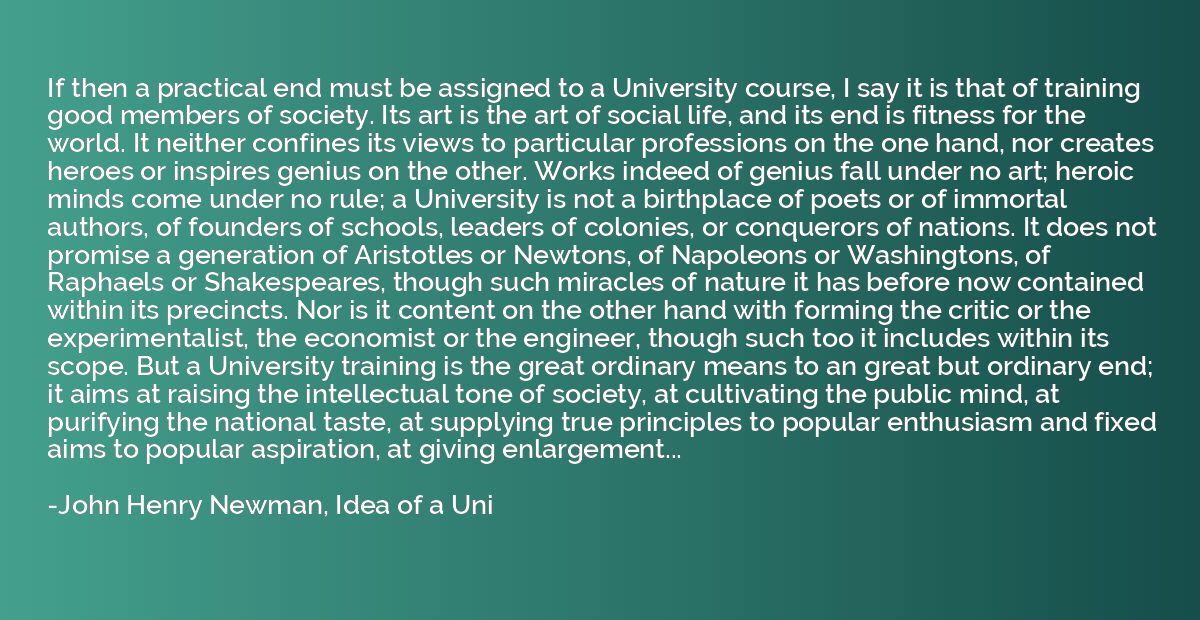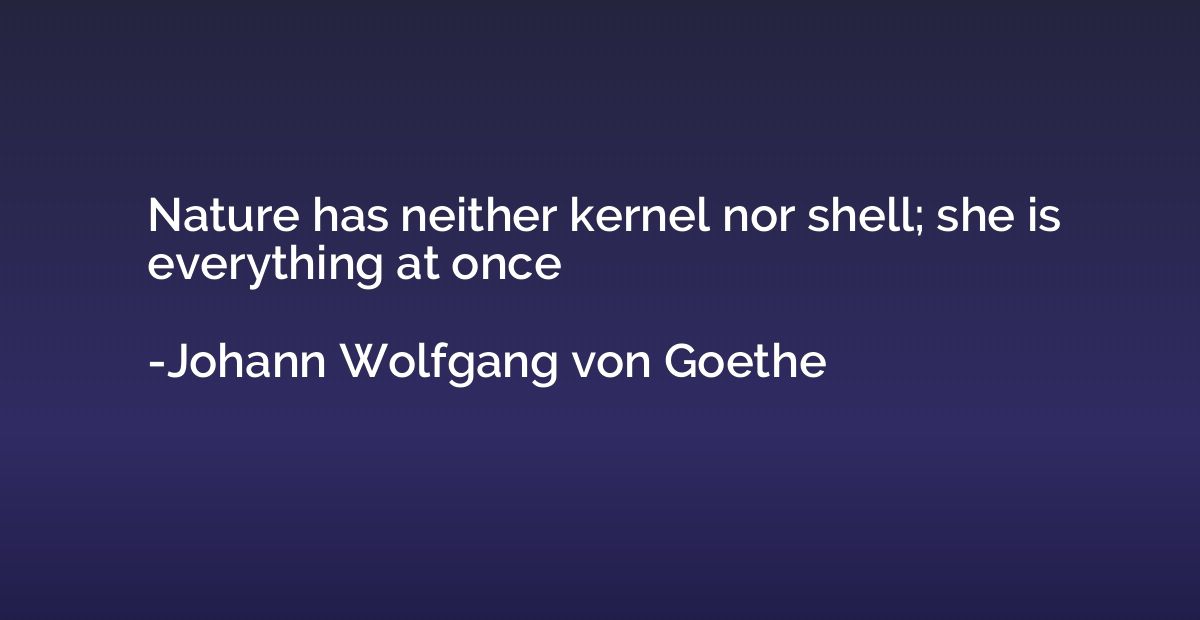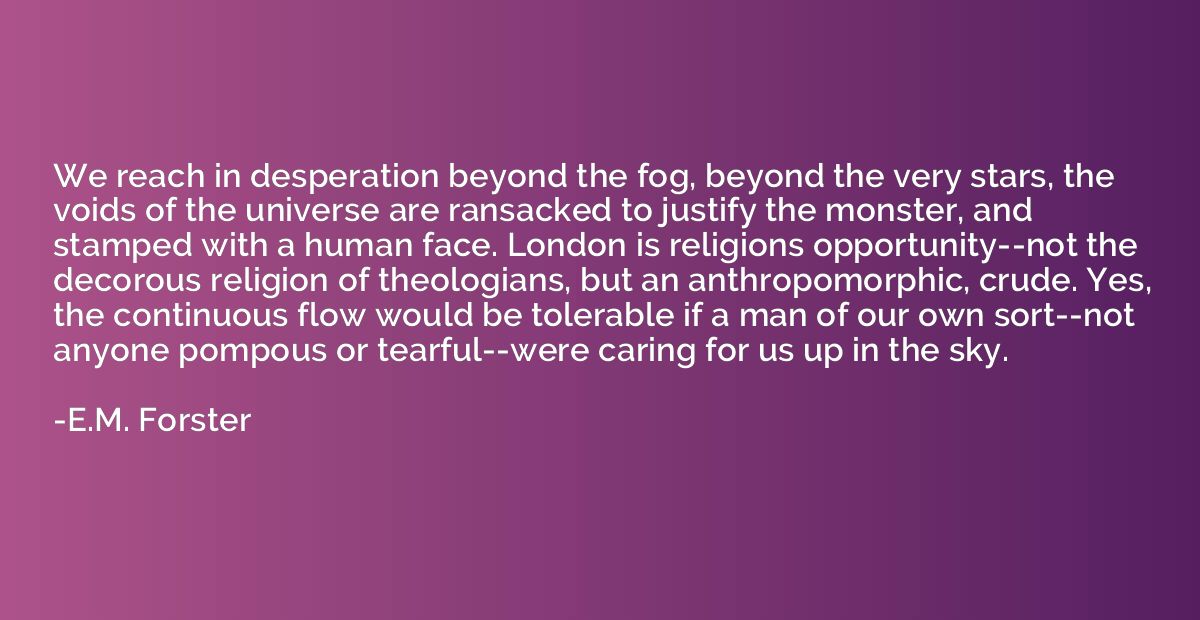Quote by Claud Cockburn
What arouses the indignation of the honest satirist is not, unless the man is a prig, the fact that people in positions of power or influence behave idiotically, or even that they behave wickedly. It is that they conspire successfully to impose upon the public a picture of themselves as so very sagacious, honest and well-intentioned.

Summary
This quote highlights the underlying frustration felt by satirists. It suggests that their indignation does not arise from the idiocy or wickedness displayed by those in power or influence, unless they are excessively self-righteous. Instead, their outrage stems from the capacity of these individuals to effectively deceive the public by portraying themselves as wise, honest, and virtuous. In essence, the satirist is troubled by the successful manipulation and façade perpetrated by the powerful, which undermines the public's ability to discern their true motives and character.














